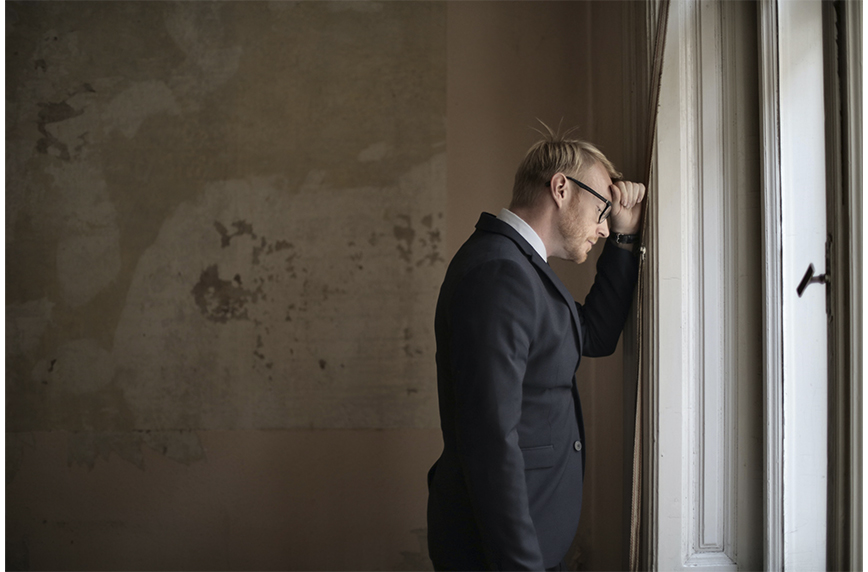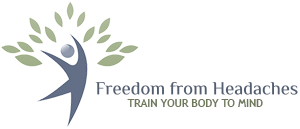
Stressors Not Triggers
When presented with a real or perceived threat to our survival, the autonomic nervous system responds to the event with an alarm reaction. This is the Famous Fight, Flight or Freeze response which causes among other things, sweaty cold hands, slowing of bodily functions and yes, tight muscles.
So, imagine something occurs that has a lasting impact like losing a job, not getting into college or the death of a loved one. The tensing or bracing can continue long after the event has occurred because that event also affects other aspects of your life.
In fact the most universal automatic reaction to a stressful event is becoming tense and bracing (a sudden whole body contraction). This sudden bracing is important to why headaches start but because it happens so quickly and automatically you may not pay much attention to it.
If your bracing response is short lived allowing muscles to return to normal quickly, there’s no problem. It’s what they are supposed to do, work and then relax. But if the bracing continues over time, fatigued muscles eventually form enough tension that you will begin having headaches. In the case of headaches, this means that these tight muscles have lost the ability to relax completely. This means muscles aren’t able to relax making you vulnerable to the next alarm reaction and more frequent headaches. And now, you more sensitive to triggers you work so hard to avoid
Understanding triggers
Now, muscles are compromised to the point that even small alarm reactions to life’s ups and downs interact with known and unknown triggers to make headache occur more often.
Until you can reverse changes created by this chronic alarm reaction and tight muscles you will not see a reduction in the impact triggers on your headaches. When you can minimize the alarm reaction and tight muscles can relax, you will be less sensitive to triggers. As you begin to understand that there is a cause of your headaches you will change your focus from triggers to the stressors in your life and how to respond them differently. Now you will be addressing the real cause of your headaches.
The response to a stressor is physical, emotional, mental or a combination. What you think impacts how you feel, and how you feel impacts how your body responds. Your thoughts are as significant a stressor as any physical threat.
- Have a feeling urgency and are always hurrying?
- Have difficulty setting boundaries so you respect your limits?
- Feel guilty because of how headaches affect all aspects of your life?
- Feel helpless or hopeless or anxious?
This might be a good time to start a diary or mark down on a calendar what you notice about your physical, emotion or mental state present before the headache starts. Grab a notebook and a pen, start tracking these feelings and see what you notice. By tracking your feelings you will become more aware how how your thoughts both positive and negative can affect you.
Learn more about biofeedback and how muscle tension affects headaches, download the free guide, Beyond Relief…Prevention. Questions and comments welcome here!
